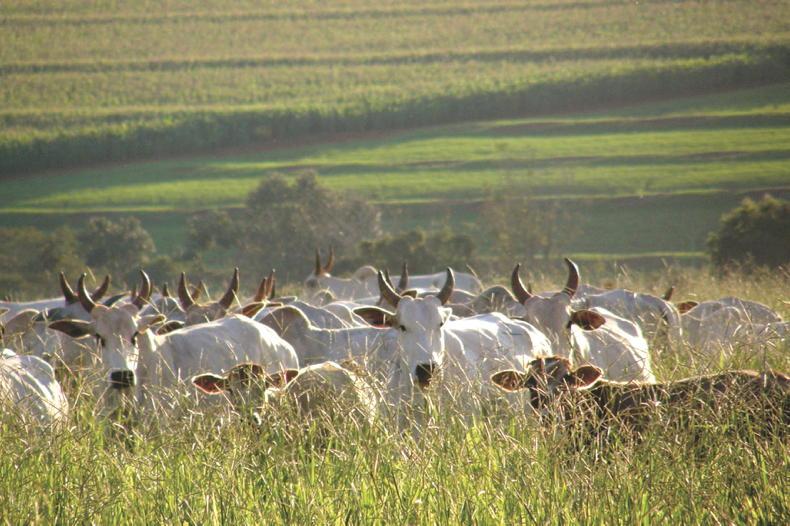The discovery of two atypical BSE cases in Brazil last week brought a shuddering halt to their 1m tonne annual beef export business with China. Today, it finds itself in the exact same place with China as Ireland has been for the past 15 months since the discovery of an atypical BSE case in May 2020.
That is part of the conditions of approval for supplying beef to China – if a case of BSE is discovered, exports must be suspended immediately while an investigation takes place to the satisfaction of the Chinese authorities.
Ireland has been through the process and has been waiting for the past 15 months for China to give the green light to recommence beef exports. Brazil has been down this road before in 2019, but had more success in satisfying Chinese queries and beef exports resumed 15 days after suspension. Irish farmers will rightly wonder what Brazil did to reassure China that Ireland couldn’t do.
There is no obvious answer to that, other than to speculate that perhaps decisions on trade approvals are someway wrapped in global politics.
Mutual dependence
In any case, such is the mutual dependence between Brazil and China for trade in beef that it creates its own pressure for a solution to be found quickly. Brazil is on target to export 1m tonnes of beef to China this year, representing close to half their entire beef exports. On the other hand, China is expected to have an import requirement for 2.5m tonnes of beef in 2021, so it is a trade relationship where both partners are evenly matched.
Supplies from Ireland reached 7,500t in 2020, up to the date of suspension and while it was a rapidly growing export market for Ireland, it was likely to become a 30,000 to 50,000t market. This would be important for Irish beef exports, but a drop in the ocean of China’s total beef import requirement. This means that there is a serious urgency for China to resolve issues with Brazil that simply don’t apply to Ireland.
However, the fact that the exact same issue has now arisen with their main supplier gives the Irish Government an opportunity to raise again the issue of Irish beef exports resuming.
EU position
The EU is unlikely to make an issue of these atypical BSE cases in the largest supplier of beef imported by the EU. Brazil has had a succession of unfavourable Food and Veterinary Office (FVO) audit reports, the most recent of which in 2017 concluded that: “It is of particular concern that most of the shortcomings detected during this audit were the subject of recommendations in previous DG Sante audits.”
Additionally, while the EU demands full lifetime traceability of cattle reared in the EU, it is not the case with imported beef, where they are only required to be recorded and tagged prior to slaughter. The EU policy in recent years has been to lower trade barriers, not raise them, and for this reason they are unlikely to react to atypical BSE cases.
Market impact
With trade stopped between the world’s biggest beef importer and the world’s biggest beef exporter, there is potential for a huge redistribution of trade. However, if the issue is resolved quickly – as was the case in 2019 – the impact will be negligible. Given the mutual dependency, the odds are that the issue will be resolved quickly.
If, however, Brazil was to be out of this market for a prolonged period like Ireland, it would create an enormous demand for beef imports from other approved countries and drive prices upwards in the other South American countries, along with the UA, Canada, Australia and New Zealand, who are the other major suppliers to China.
If Brazil was closed out of China and Europe still open, we could expect a serious surge in Brazilian beef, tariff paid, on to the EU market.
Comment
Atypical BSE is not a major issue – it doesn’t even alter a country’s BSE risk status with the OIE, which regulates animal health. The only reason it is significant at all is because it stops exports to China and therefore has potential trade disruption. There are many areas where issue can be taken with Brazil, such as rainforest clearance, lesser traceability and poor FVO audits, but an atypical BSE incident isn’t one of them.






 This is a subscriber-only article
This is a subscriber-only article











SHARING OPTIONS: